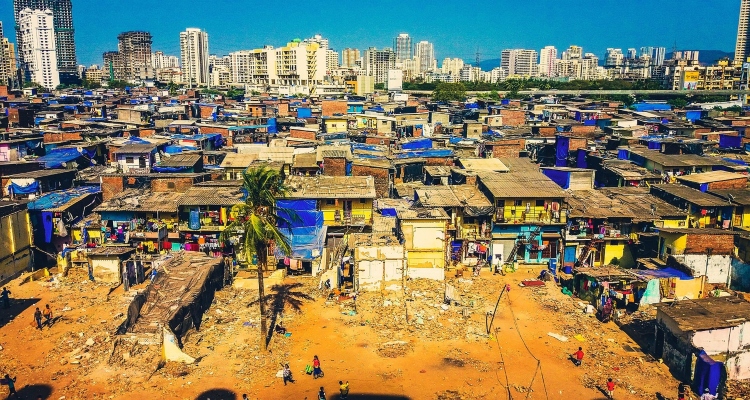
The Bombay High Court on Friday emphasized the need to transform Mumbai into a slum-free city and expressed concern over the plight of slum dwellers who often become “victims at the hands of private developers.”
A bench comprising Justices G S Kulkarni and Somasekhar Sunderesan underscored the importance of strict and robust implementation of the Maharashtra Slum Area (Improvement, Clearance, and Redevelopment) Act.
“The vision is to have Mumbai, which is considered an international city and the financial capital of our country, slum-free. We need to achieve a completely slum-free city. This Act will help realize that vision,” the court stated.
The bench noted that the responsibility for implementing the provisions of the Act rests with the government, as they hold the mandate.
This bench was established last week to conduct a “performance audit” of the Act, following directives from the Supreme Court in July. The apex court had earlier expressed concerns about the functioning of the Act.
The division bench emphasized the need for sustainable development and directed the government, the Slum Rehabilitation Authority (SRA), and other parties to file their affidavits. The matter was then scheduled for further hearing on September 20.
“Consider the future generations… What will happen in 100 years? Are there only going to be skyscrapers? Don’t we need open spaces?” the court questioned.
Drawing comparisons with cities like London and other international cities, where large open spaces are prioritized and construction is strictly regulated, the court remarked, “We need sustainable development. We cannot just have a concrete jungle with no open space.”
The bench also raised concerns about delays in slum redevelopment projects and the quality of the work being done.
“We are genuinely concerned about the plight of slum dwellers. Just because someone is a slum dweller does not mean they should be left to the mercy of developers. They often end up with very little. Slum dwellers become victims at the hands of these developers who have no real intention to work, especially when private interests are at stake,” the court observed.
The bench further noted that in such situations, the government and the SRA often become passive observers.
The court stressed the need for accountability on the part of developers to ensure timely and high-quality development. “There should not be a situation where a developer is appointed, and then the project stalls. That is not the purpose of the Act. There needs to be robust and professional development,” the bench said.
The court emphasized that the construction quality of redevelopment projects must be of the highest standard, including proper upkeep and maintenance. “It should not be the case that in 10 years, the building becomes dilapidated and requires redevelopment again, with no maintenance, even when flats are being handed over,” the court stated.
“It cannot turn into another slum. There must be decent living conditions. Slum dwellers are entitled to decent living in a respectable abode,” the bench added.
The court also suggested that the government consider implementing a rental housing or tenement policy for migrant workers.
“Do you (the government) think Mumbai can function without migrant workers? We can establish tenements or rental housing,” the bench suggested.
On July 30, the Supreme Court instructed the High Court to establish a bench to “initiate suo motu proceedings” to conduct a performance audit of the state’s slum redevelopment law. The Supreme Court noted, “The welfare legislation for the poor is gridlocked, and more than 1,600 cases related to the Maharashtra Slum Areas (Improvement, Clearance, and Redevelopment) Act are pending before the Bombay High Court.”




